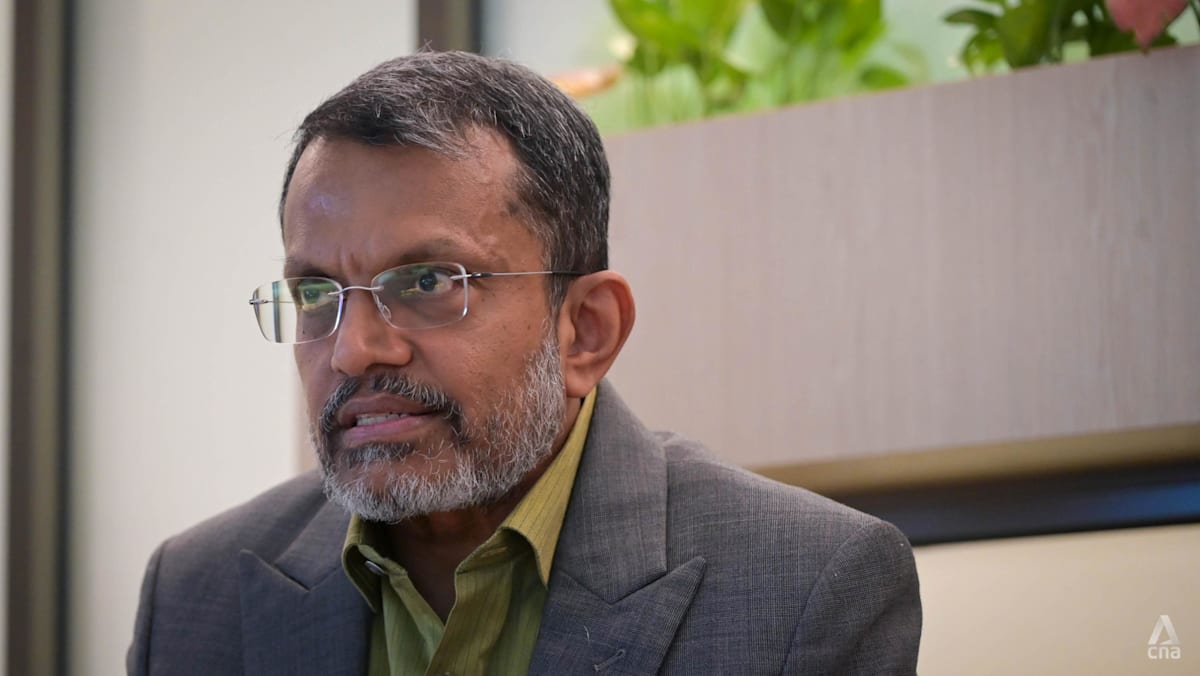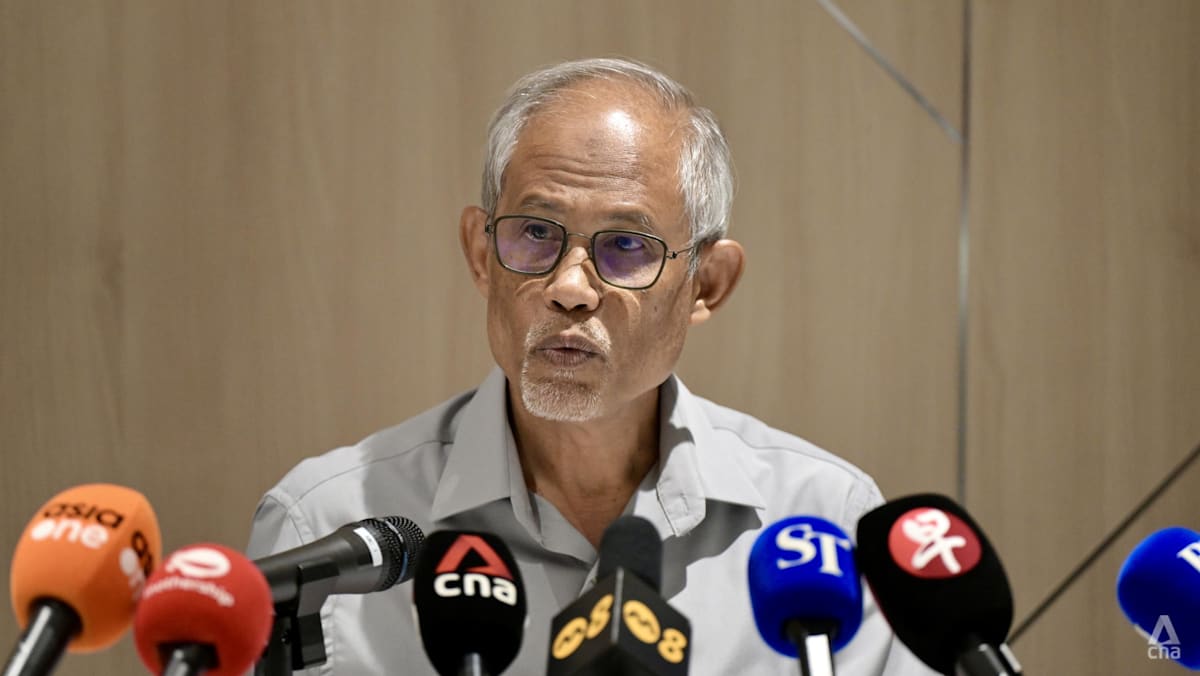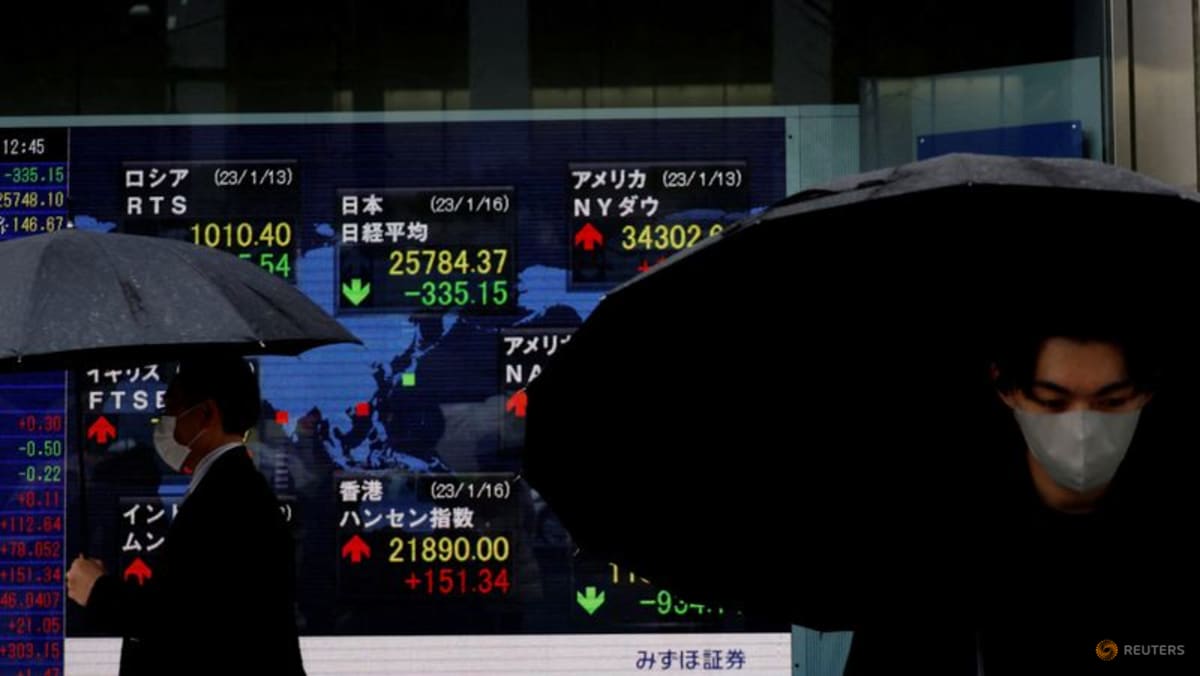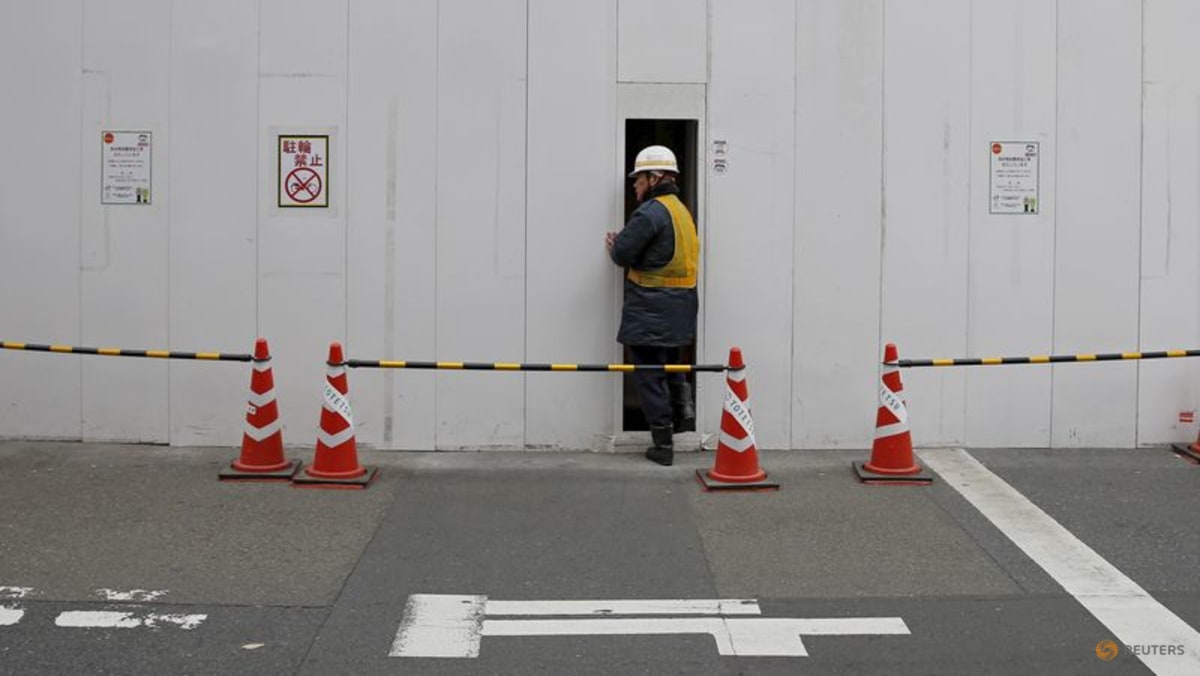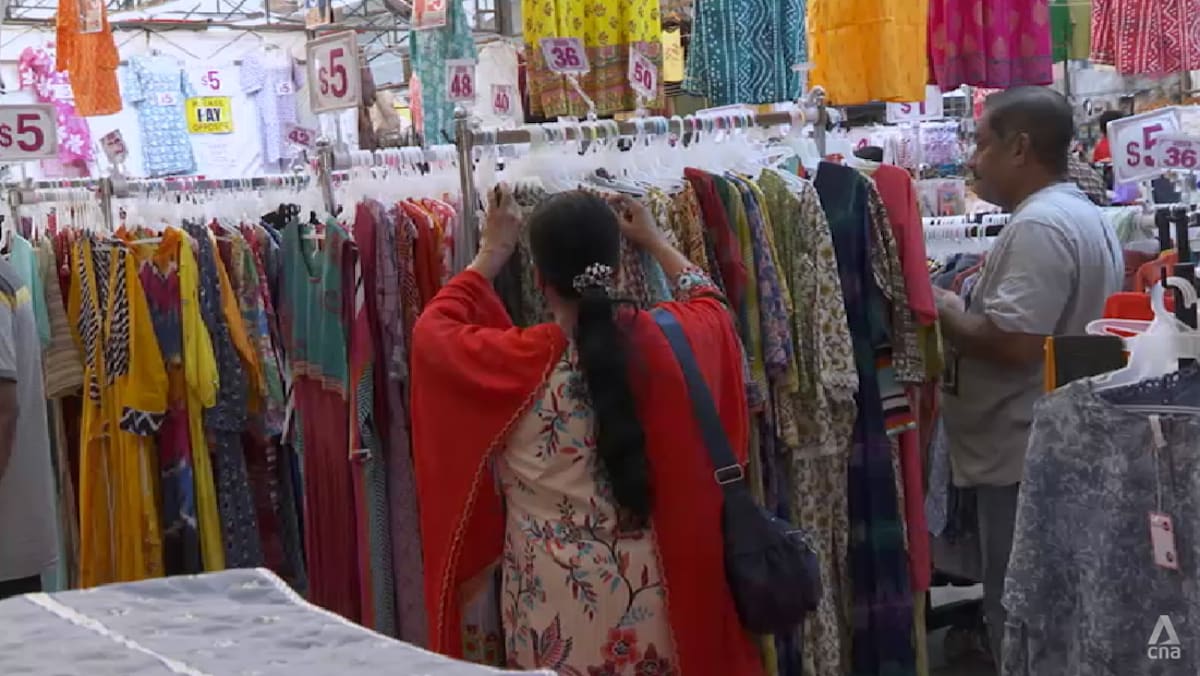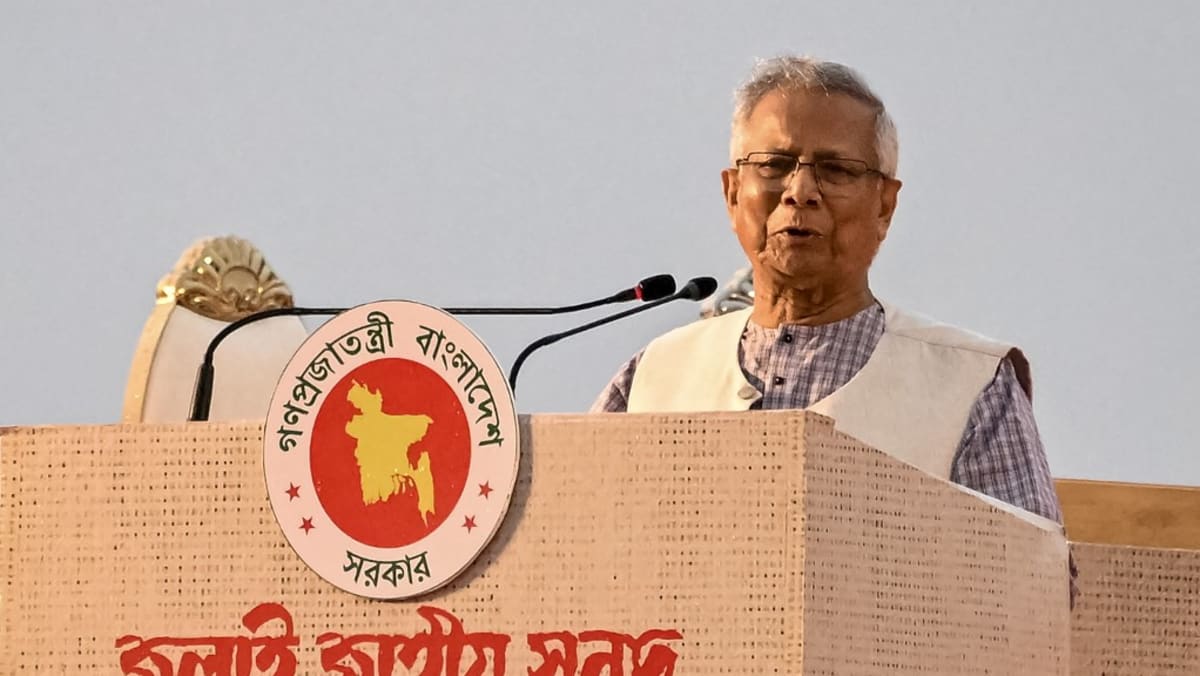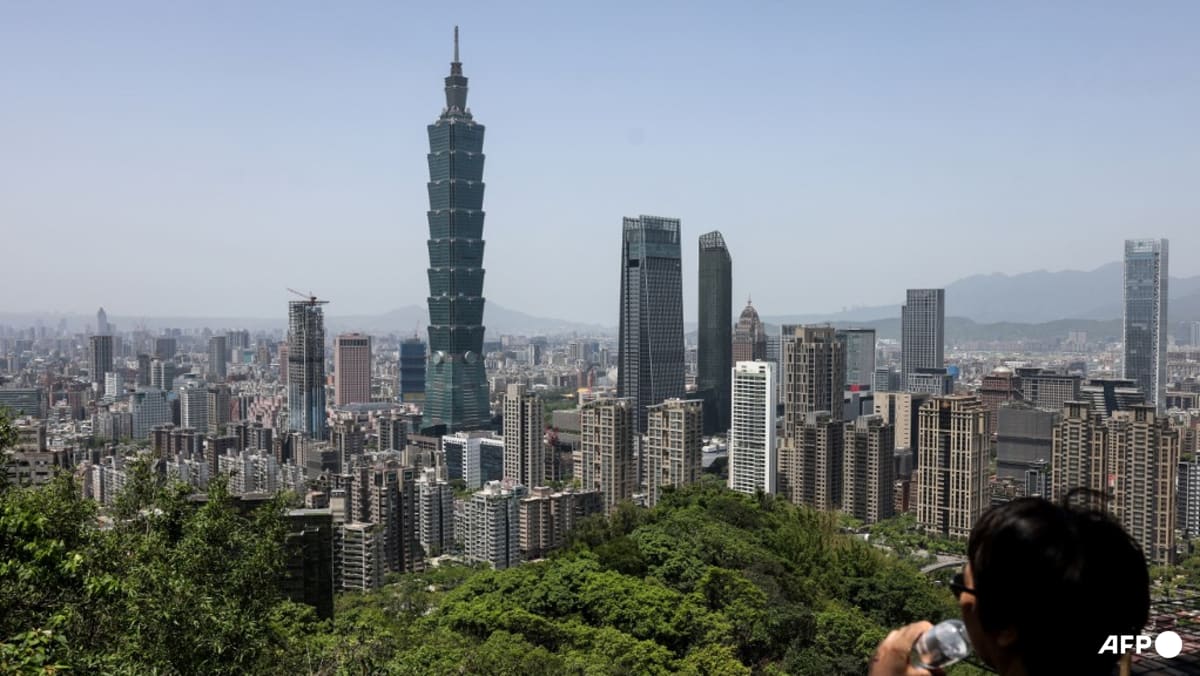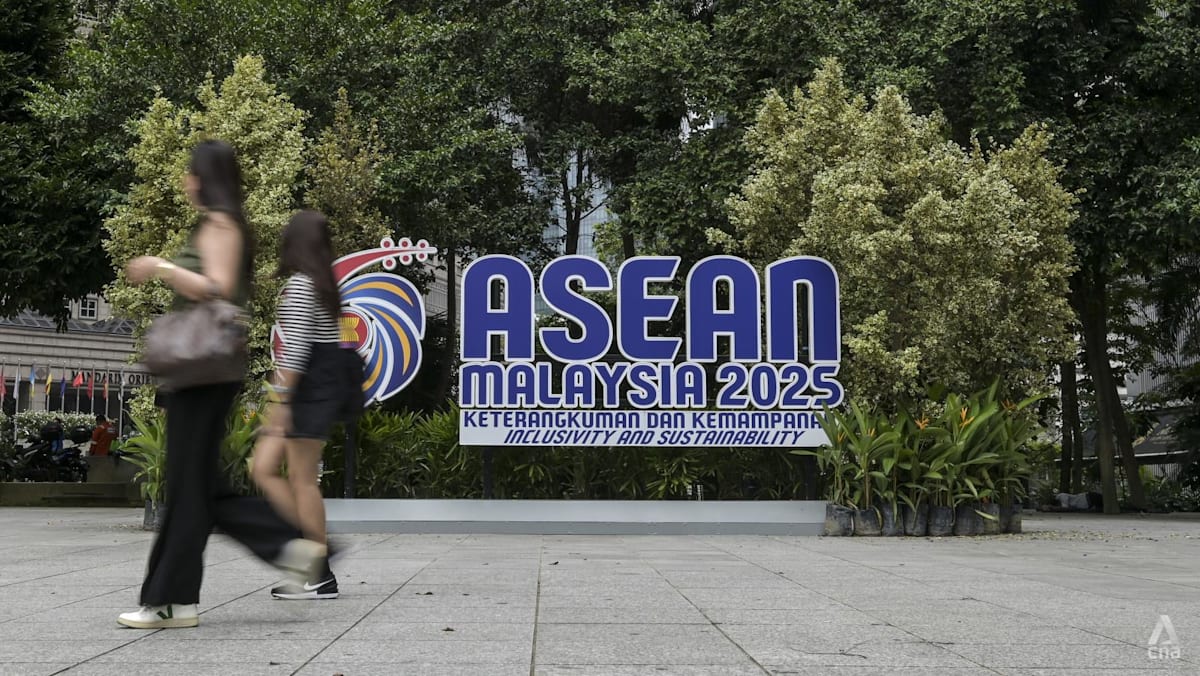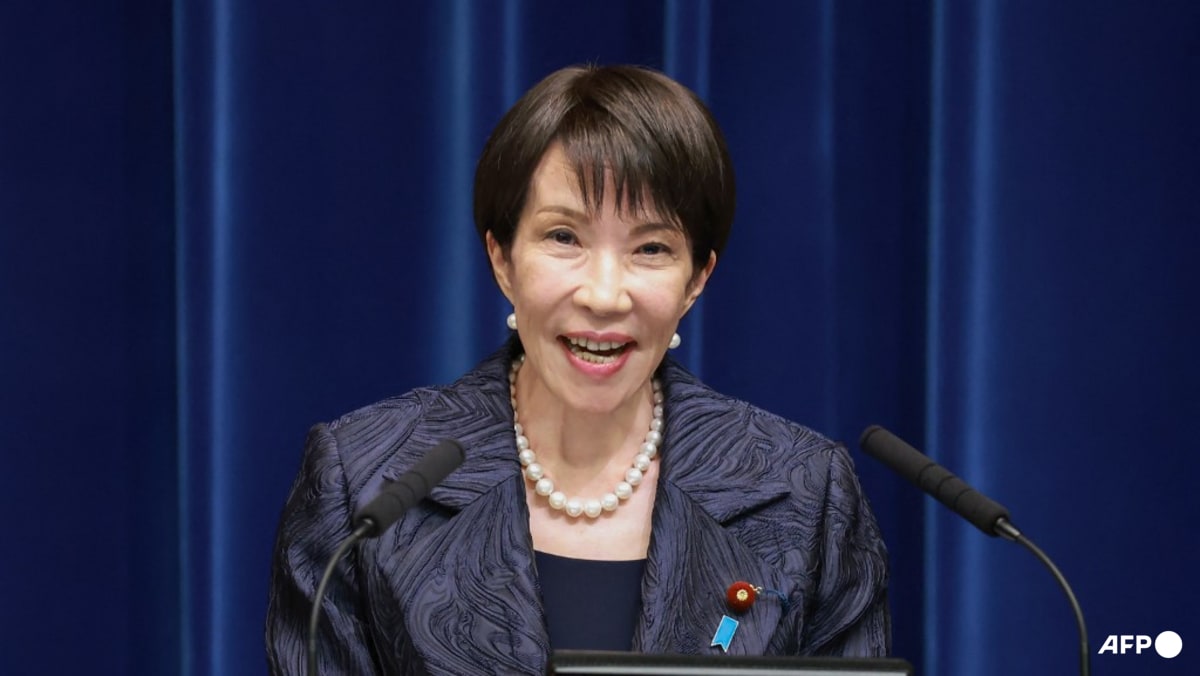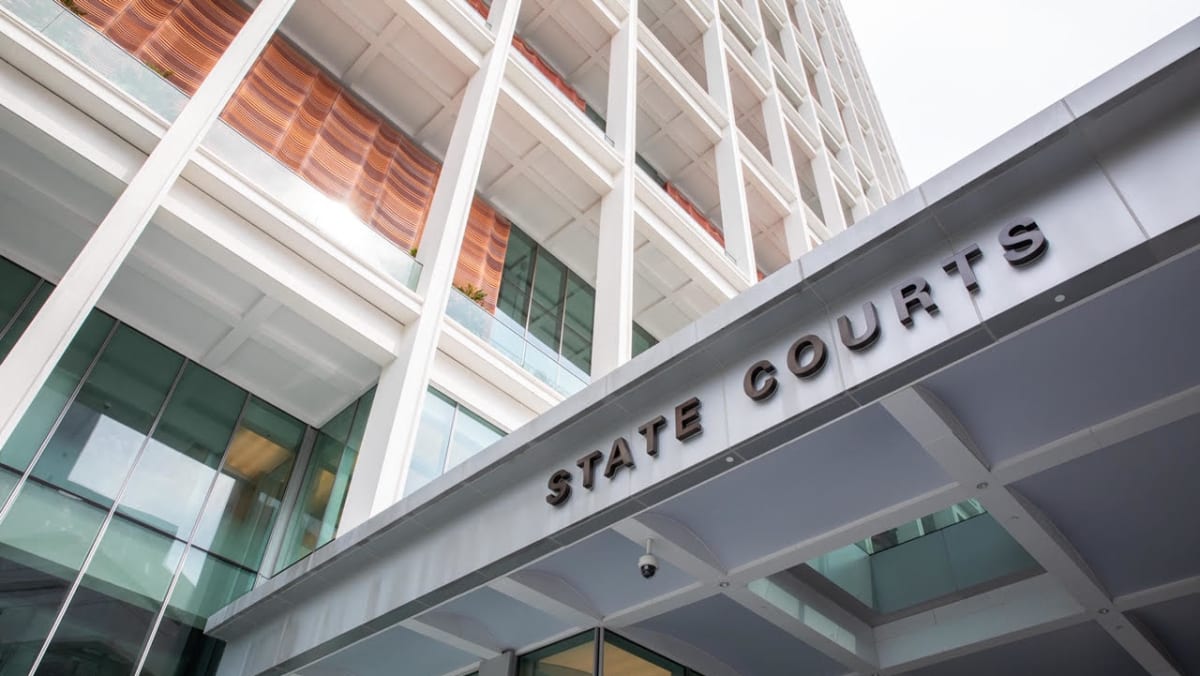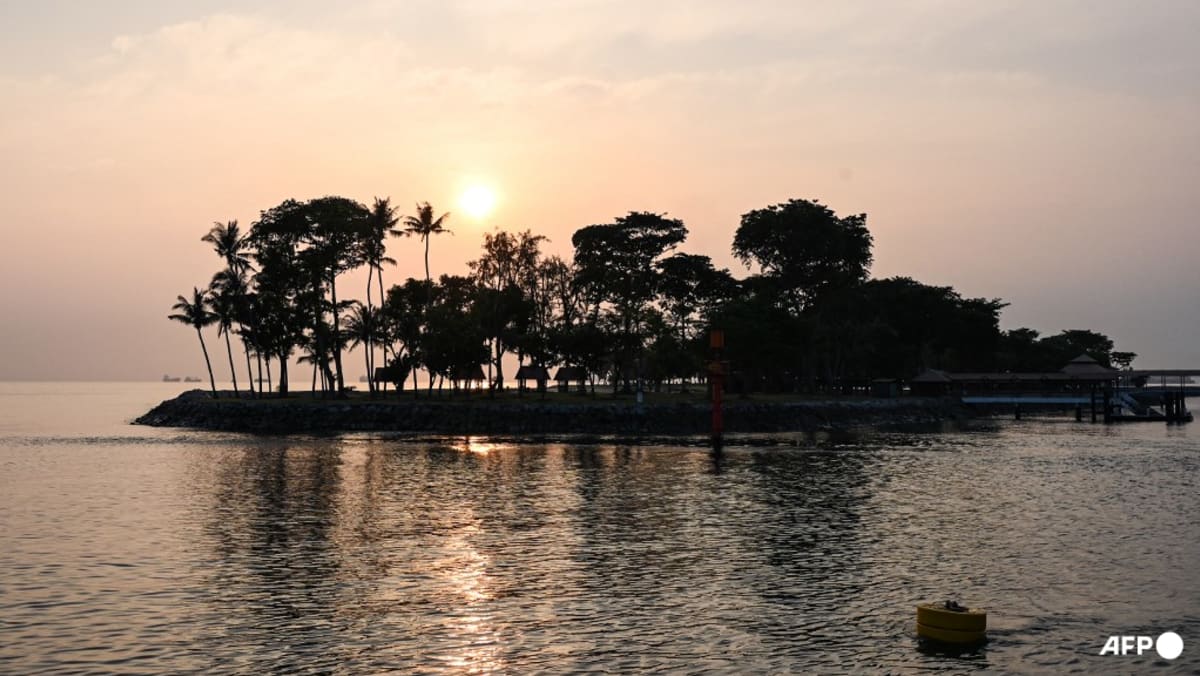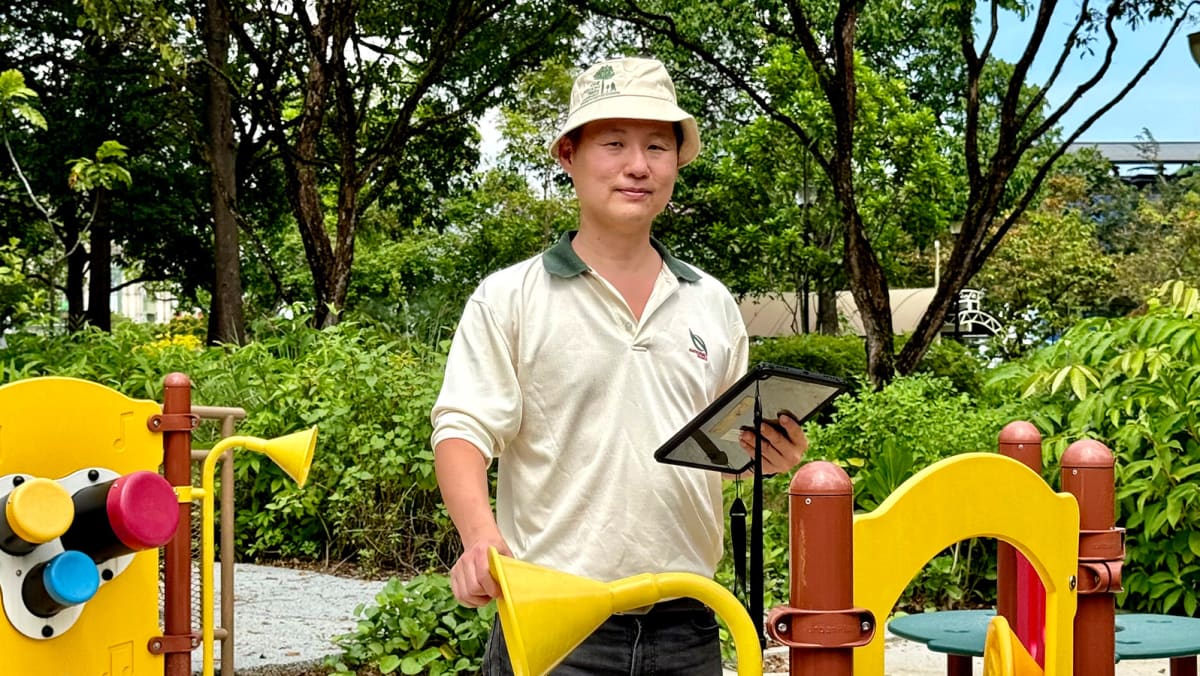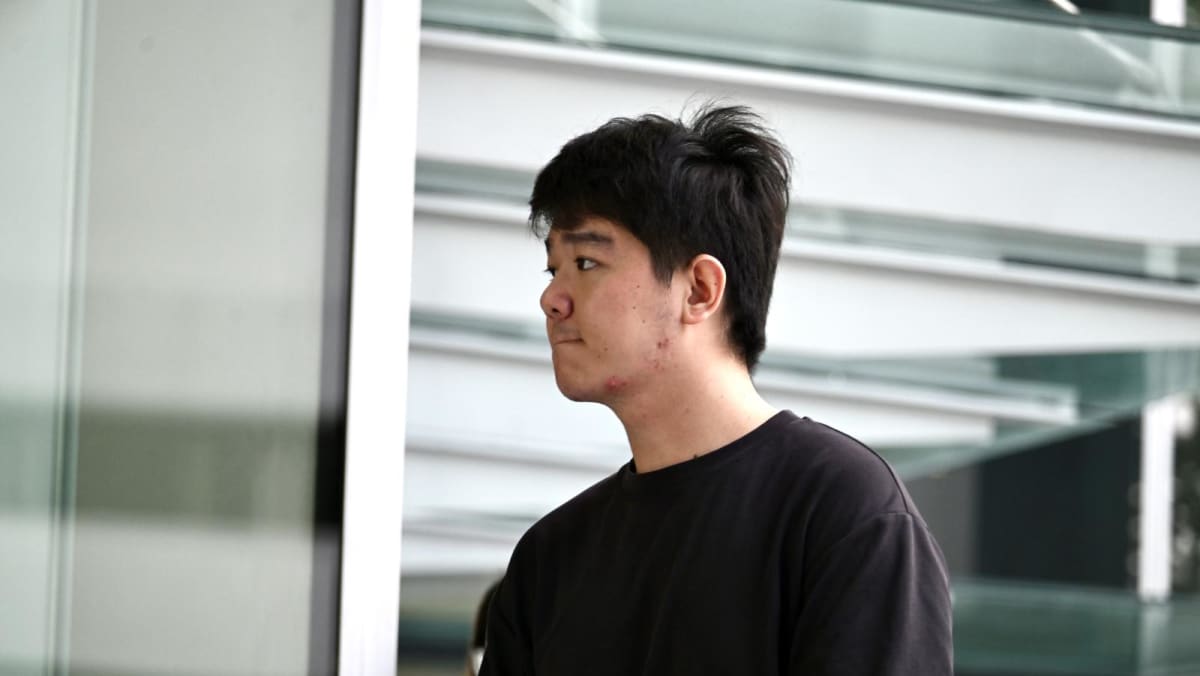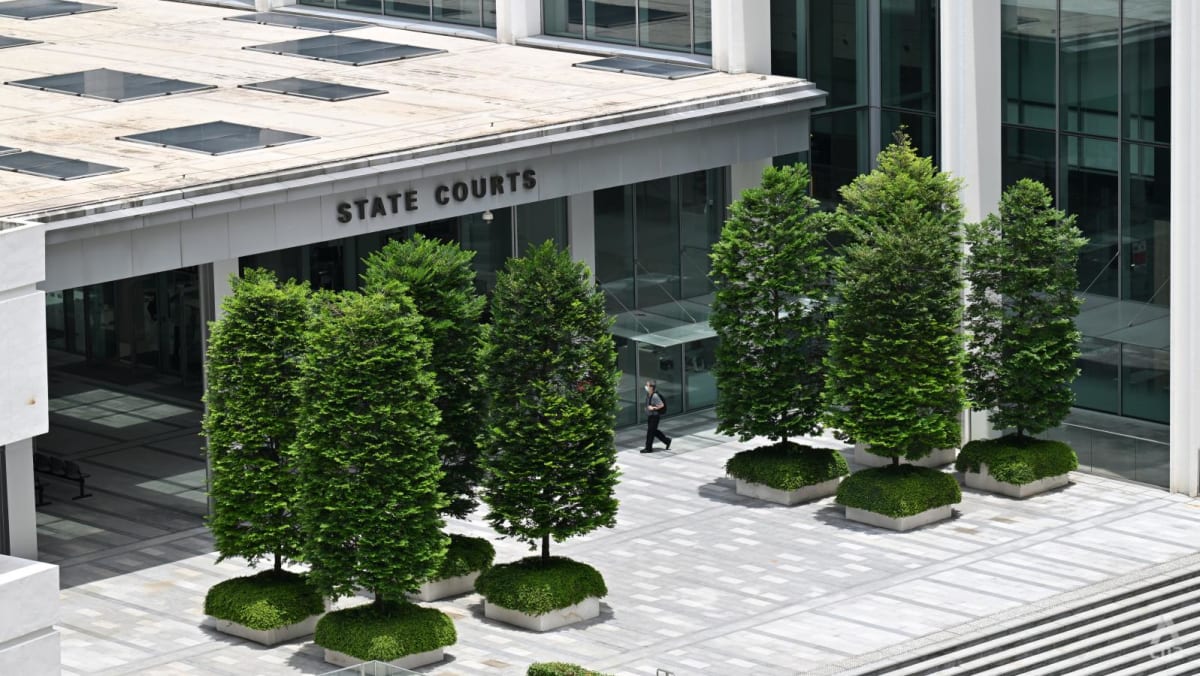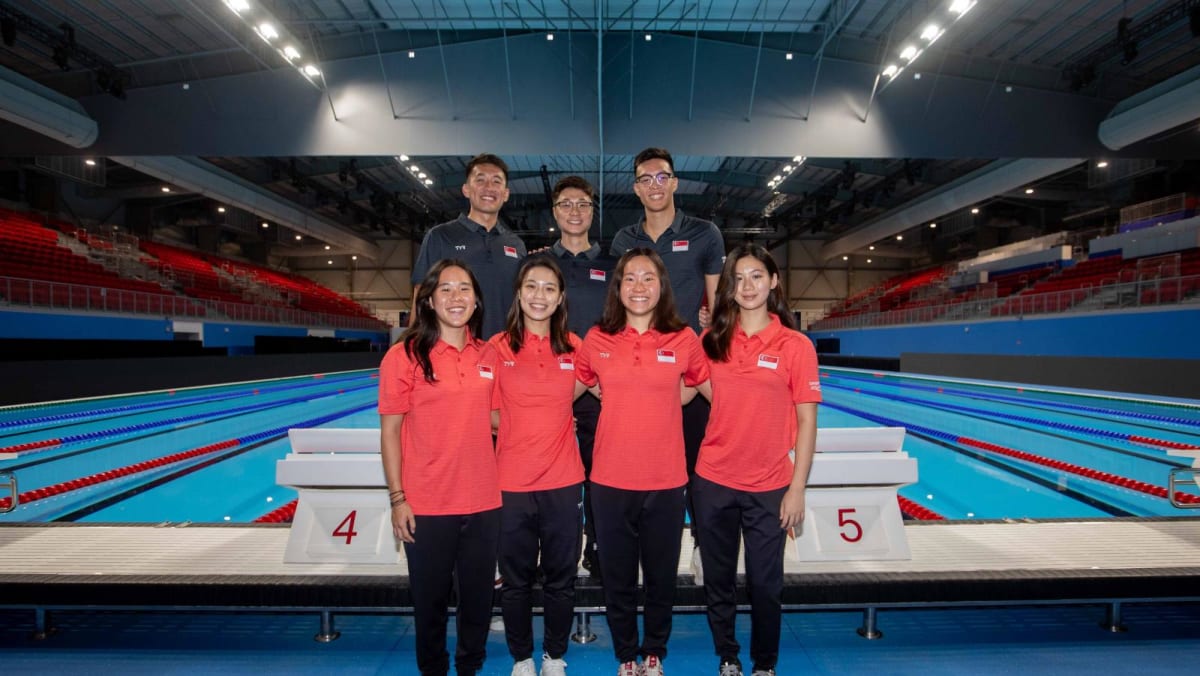SINGAPORE: The news that six golf courses will not have their leases renewed in the coming years has raised concerns within the golfing community about potentially stifling development in a sport that has earned global accolades for Singapore athletes.
One of the facilities, Mandai Executive Golf Course, is currently Singapore's only public golf course.
It will close at the end of 2026, resulting in the lack of a dedicated public golf course until after 2030. That's when the leases of two private courses - Keppel Club’s Sime course and Singapore Island Country Club’s (SICC) Bukit course - expire.
Thereafter, the two sites will be turned into a dedicated 18-hole public golf course. Part of it may be used by the National Trades Union Congress (NTUC) for its members, given that the lease for NTUC’s Orchid Country Club will not be renewed after 2030.
The fifth and sixth golf courses whose leases will not be renewed are Warren Golf & Country Club, which will shut in October 2030, and Tanah Merah Country Club’s Garden course, which will close at the end of 2035.
Singapore currently has 16 golf courses sitting on about 1,072ha of land, or less than 1.5 per cent of the total land area in Singapore, according to the Ministry of Law.
"I think people will just give up hope about playing this sport," said Mr Dalston Koh, who runs SG Golf Coach Academy at Mandai Executive Golf Course.
Mr Koh, 34, believes people's attitudes toward golf would reflect what is seen as a lack of government support for golf, pointing to the dwindling number of courses.
The nine-hole Mandai Executive Golf Course, which opened in 1993, is a place where almost all golf beginners in Singapore start their journey, he said.
While Keppel Club runs a public-private course at Sime Road, Mr Koh said there are restrictions on coaches teaching on the greens there, as they are only allowed to guide and not demonstrate or make physical adjustments for players.
There is more flexibility at Mandai Executive Golf Course, which also does not require coaches to pay fees to be on the greens, he added.
Singapore's golfers have made their mark internationally of late, with Shannon Tan clinching a second Ladies European Title in June and Hiroshi Tai becoming the first Singaporean to play at the Masters.
Despite these achievements, Mr Koh felt there was "not a lot of thank you, gratitude or trying to support golf in Singapore", and this is something he hopes the country's sporting bodies will look into.
In the future, he expects more golfers to turn to indoor golf simulators or courses in neighbouring countries to get their time on the greens.
Mr Koh also saw the future dedicated public course as a "replacement" rather than an "enhancement" for golfing in Singapore. This is because part of the site might be run by NTUC, which currently operates Orchid Country Club through NTUC Club.
A spokesperson for NTUC Club said it endeavours to continue making golf "an affordable and accessible recreational option in Singapore".
According to the R&A Global Golf Participation Report 2023, the total number of golfers in Singapore grew to 120,000 in 2022 from 80,000 four years before.
While the number of registered golfers has largely remained the same since 2018, the number of non-registered golfers – those without a golf handicap – doubled from 40,000 to 80,000.
Among the changes announced on Monday (Jul 7), Singapore Golf Association vice-president Ivan Chua said it was "heartening" that a new centre of excellence for golf will be set up by the National Service Resort & Country Club.
He said there was "definitely an impact" from the ending of the leases, but that the association, which is the national golfing body, had anticipated this and remained committed to supporting the growth of the sport.
PRIVATE CLUBS LOOK FOR SILVER LINING
Golfers in affected private clubs expressed sadness at the leases ending, but also said they understood the requirements of land usage in Singapore.
For instance, homes will be built on the 107ha site of Orchid Country Club's course in Yishun and 51ha site of Warren Golf & Country Club's (WGCC) course in Choa Chu Kang when their leases expire in 2030.
"I think the government is doing the right thing to make sure they prioritise this for the masses and not a few people," said WGCC member Robin Lee, 59.
However, if there are no immediate plans for the land, and if it is likely to sit idle for a few years, he said he hoped that the lease could be renewed for people to maximise use of the space.
Mr Lee, the CEO of a non-profit organisation, paid a lifetime membership fee of S$21,000 to join WGCC two years ago and plays golf there weekly.
Founded in 1962, it is a smaller club than others and "very much for the middle class", with seniors and retirees who use the facilities to stay active and socialise, he added.
At SICC, annual memberships cost upwards of S$300,000. The club has about 17,000 principal and spouse members, with 40 per cent using its three golf courses.
"While we are naturally disappointed, we understand that this decision comes amid competing national interests and that land allocated for golf course use has been progressively reduced," said SICC president Vincent Wee.
He said the club would "engage members transparently and work towards sustainable plans that align with national objectives while meeting members' interests" as it approaches lease milestones.
SICC's former president Andrew Low, 64, said his focus would be on how to make the best of the situation, with engaging the future operator of SICC's reallocated Bukit course being a top priority.
Potential collaborations could take the form of preferential access to the greens for SICC members as a neighbouring club, or other partnership models, said the non-executive chairman of a Hong Kong-listed company.
The SICC also has a 27-hole New course. Its 18-hole Island course is set to reopen in September. Their lease expires in 2040.
"I believe we should position ourselves in a way that supports the next lease extension," Mr Low said of these courses.
He added that this included being "forward-looking and inclusive" to ensure the club remains relevant in the years to come.
While there are some who welcome land being diverted away from country clubs, business management consultant and SICC member Michael Aw, 57, said that such clubs still have a role to play in Singapore.
For those who can afford it, a country club membership makes financial sense if one thinks of it as an investment in a resort home, similar to but even better than a timeshare, he said.
Such facilities are also needed to attract international talent and investors who do not just want a place to work, but to "enjoy living", he said.




